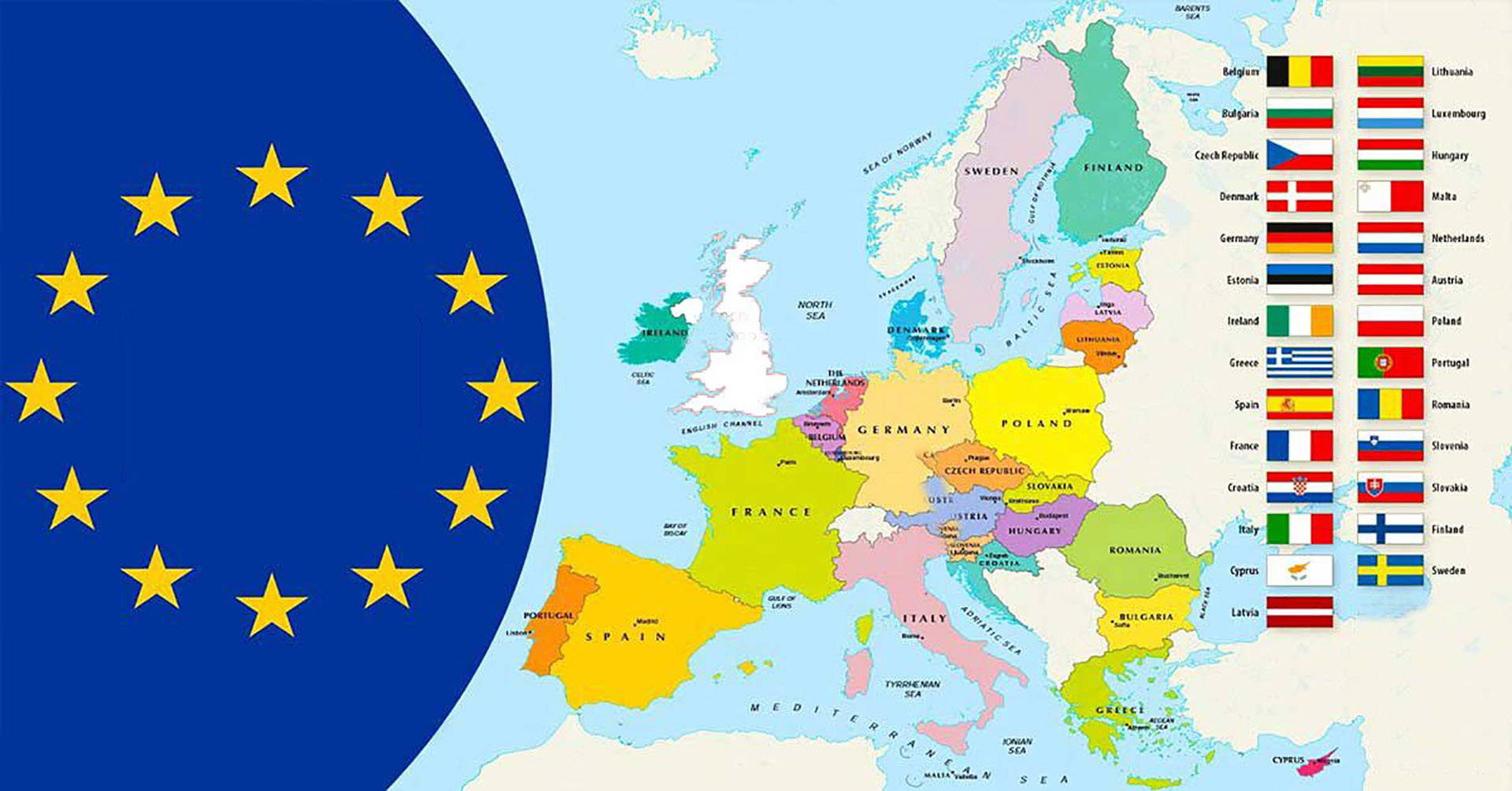SPECIFICS OF DOING BUSINESS IN THE UK
The main challenges for many businessmen are getting used to an unfamiliar bureaucratic system, conducting all business in English, and getting used to British leisurely pace and meticulousness. There are also some nuances in taxation and reporting.
TAXATION
The English tax system is considered one of the most convenient for doing business in Europe. However, in some aspects, tax laws are tricky. Let us start with Corporate Tax. The government sets the corporate tax rate for each fiscal year (starting April 1st). The minimum fixed rate is 19%, nevertheless, it may be reduced for some companies. These are, for instance, legal entities using patents, research companies, and firms operating in the creative field. British companies also have to pay VAT, income tax, and tax on dividends received in British territory. The VAT rate depends on the type of activity. Taxation of companies registered by non-residents also has significant features.
LICENSING
Certain activities in the UK require a licence, including businesses related to alcohol, medicines, financial services, construction, gambling, animals, some products, and more. Licensing is handled by different agencies: small businesses can often obtain the required licence from local governments, the Financial Conduct Authority (FCA) handles financial licences, etc. Licence fees can range from £100 to £1,905.
REPORTING
All companies are required to prepare an annual financial report that reflects their activities throughout the year. The reporting period can be shortened, however, there are some restrictions on extending it. Limited liability companies must submit financial statements to Companies House and tax authorities. Tax computations (tax calculations) must also be submitted to the tax service. Some companies may be eligible to provide “abbreviated accounts”. Late filing of the reports leads to fines.













